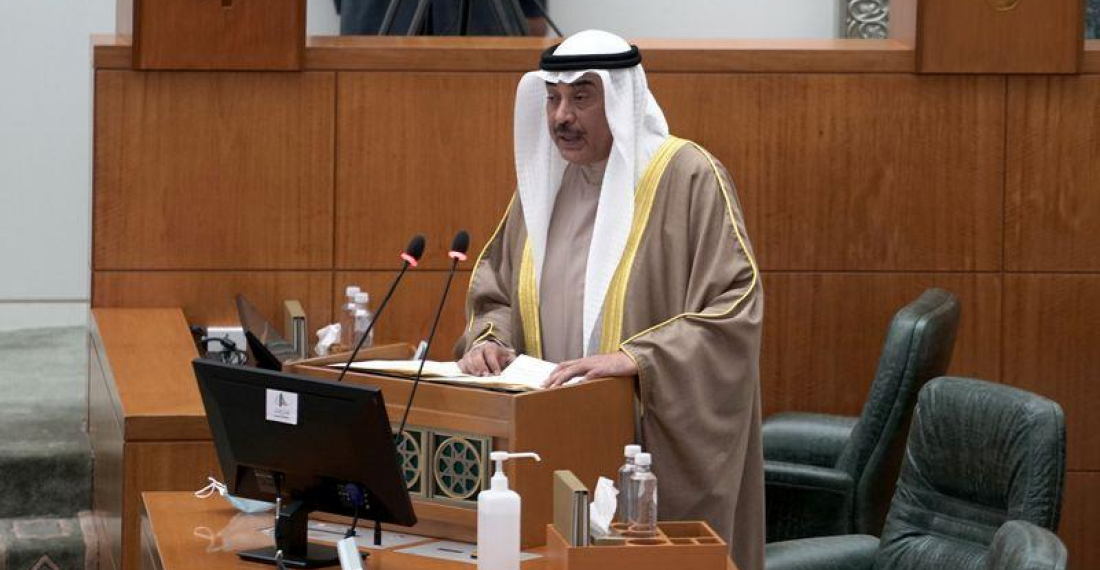Kuwait’s Cabinet submitted its resignation on Tuesday after tensions with the Parliament. Kuwait has the most open political system in the Gulf region, with a parliament wielding power to pass legislation and question ministers, although senior posts are occupied by ruling family members.
The move, while not a surprise after some 30 lawmakers backed a no-confidence motion against the government this month, reveals how the country is reacting to diminished public confidence and the worst economic crisis in decades.
Kuwait’s Government Communications Office (CGC) said the government submitted its resignation “in light of developments in the relationship between the National Assembly and the government, and what the national interest may warrant”, but did not elaborate.
The tensions boiled over in last week’s parliamentary session, with footage showing shouting matches and physical brawls in the chamber.
During their questioning of the Prime Minister Sheikh Sabah Al-Khaled Al Hamad Al Sabah last week, lawmakers accused him of staffing the Cabinet with “provocative and unqualified members,” according to local media.
“The lawmakers are trying to bring reforms, but they feel their hands are tied because the government keeps bringing in the same old faces,” said Mohammed al-Yousef, an independent Kuwaiti political analyst. “The system is designed to create deadlock.”
A major point of tensions was the decision to reinstate the old parliament speaker hailing from an elite merchant family, which stirred anger among new lawmakers sceptical of corruption and the country’s patronage system.
Other sore points included the choices for interior minister and justice minister, who opposed a draft law on Kuwait’s stateless people that parliament had hoped to pass.
The Prime Minister must now submit the resignations to the country’s ruling emir, Sheikh Nawaf Al Ahmad Al Sabah, who is widely expected to accept them.
Kuwait’s unusual combination of an emir-appointed government and elected parliament frequently gives rise to wrangling that analysts say impedes the country’s economic and social progress.
Source: commonspace.eu with various sources.
Picture: Kuwait PM, Sheikh Sabah Al-Khalid Al-Sabah. (Twitter: @Reuters).







